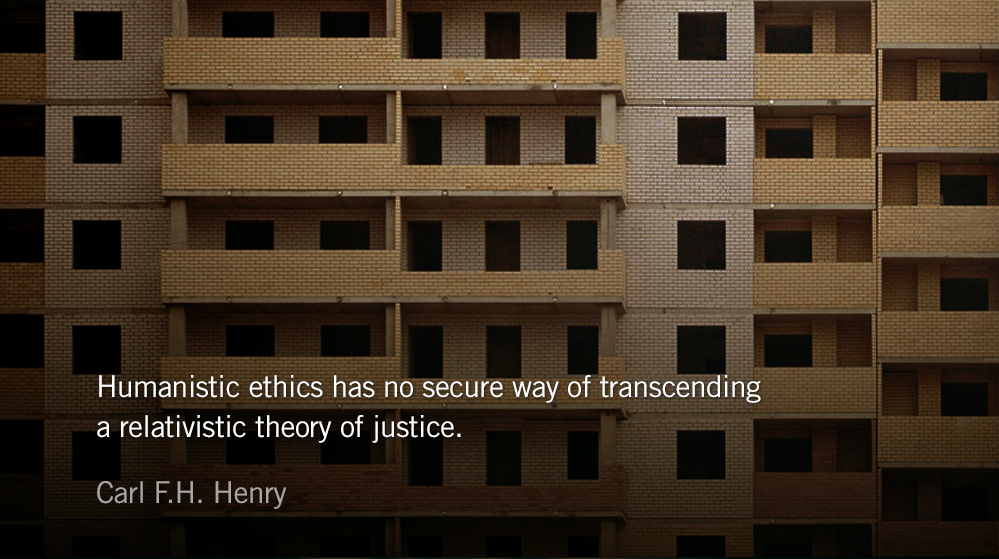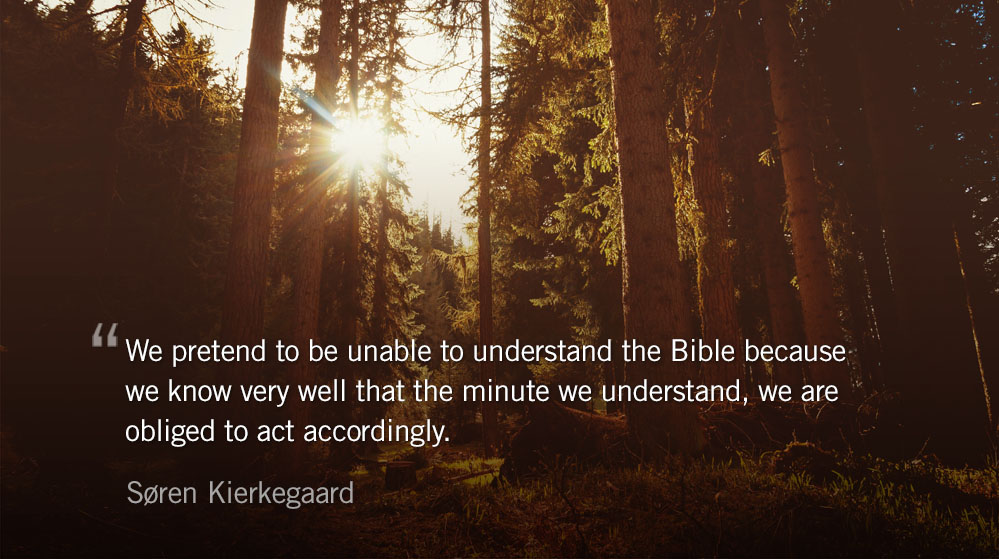Mark 5.34
Jesus said to her, “Daughter, your faith has healed you. Go in peace and be freed from your suffering.”
There is only one woman in the gospels who Jesus called daughter. They met after she pushed her way through a dense crowd, stretched out her hand, and caught one of the tzitzit, or prayer tassels, dangling of the fringes of Jesus’ clothes. Immediately, Scripture records, she was healed of a bleeding disorder that had plagued her for over a decade. [1]
She suffered not only from her condition, but from her cures as well. “The cures were terrible back then,” observes Timothy Keller. He notes that one of the known remedies from the time was to, “take a goblet of wine and to fill it with a powder of pulverized rubber, alum, and garden crocuses.” The best solutions her culture had to offer were not only insufficient, but they intensified her suffering. [2]
It was a great risk to reach for the teacher. Her actions sent a clear message to every spiritual leader and healer about her doubts of the efficacy of their work. Moreover, if nothing happened after she touched Jesus, then she — a ceremonially unclean woman — would have made one of the most famous rabbis of her day unclean. The social scorn would have been immense.
This was an act of informed — not blind — faith. This miracle occurred early in Jesus’ ministry, long before even his closest disciples would recognize who he was. Yet this woman trusted he was her savior. Her trust in this had been formed from her knowledge of the Scriptures.
In the final verses of the Hebrew Bible the prophet Malachi reveals that, “the sun of righteousness shall rise with healing in its wings.” In Hebrew the name of the fringe of a garment, where tzitzit attach, literally means “wings.”
The woman’s dedication to the scriptures helped her see the world in a way no one around her did. The object of her faith wasn’t her knowledge, but her Savior. He saved her from her pain. He saved her from the pain of trying to solve her pain with the best of the world’s thinking. He gave her new life in his Kingdom. [3] [4]
Prayer
Father, too often we do not trust you simply because we do not know you. Our prayers are too often terse. Our knowledge of the scriptures, anemic. Help us become disciplined in knowing and following you. Give us grace and courage to act on what we know about you.
Christian Identity
Part 1 of 5, read more on TheParkForum.org
Today’s Readings
Genesis 34 (Listen – 4:18)
Mark 5 (Listen – 5:21)
___________________
FAQs
How can I make a tax-deductible donation? Click here.
How can I get these devotionals in my inbox? Click here.
What is the reading plan this blog is based on? Click here.
___________________________________
Footnotes
[1] Matthew and Luke’s accounts of this same story provides the detail that it was the kraspedon (Greek for tzitzit) that the woman reached for. (The Gospel of Mark was written for a Greek audience, so tzitzit would not have been familiar to them.) | [2] Timothy Keller. “How to Find Faith,” delivered November 8, 1998. The Timothy Keller Sermon Archive. New York City: Redeemer Presbyterian Church. | [3] Scripture references, in order of appearance: Mark 5.26; Malachi 2.4 | [4] What proved the efficacy of her faith was not her healing, but her salvation. Many of us today, as well as our family members and friends, await the healing of our bodies. Outwardly we waste away, but inwardly the healing of the Messiah has ransomed us from greater pain and greater death than our body can experience. We trust because we are saved. We hold the Spirit as a deposit which guarantees full restoration when Christ returns. (2 Corinthians 4.16; Ephesians 1.14; 2 Corinthians 1.22)









